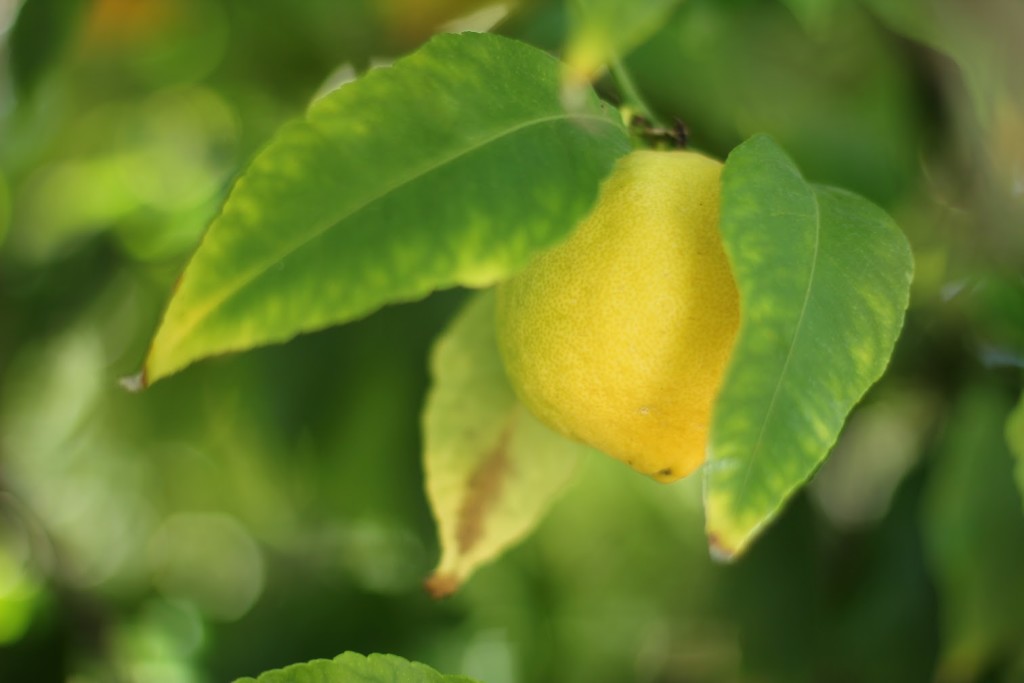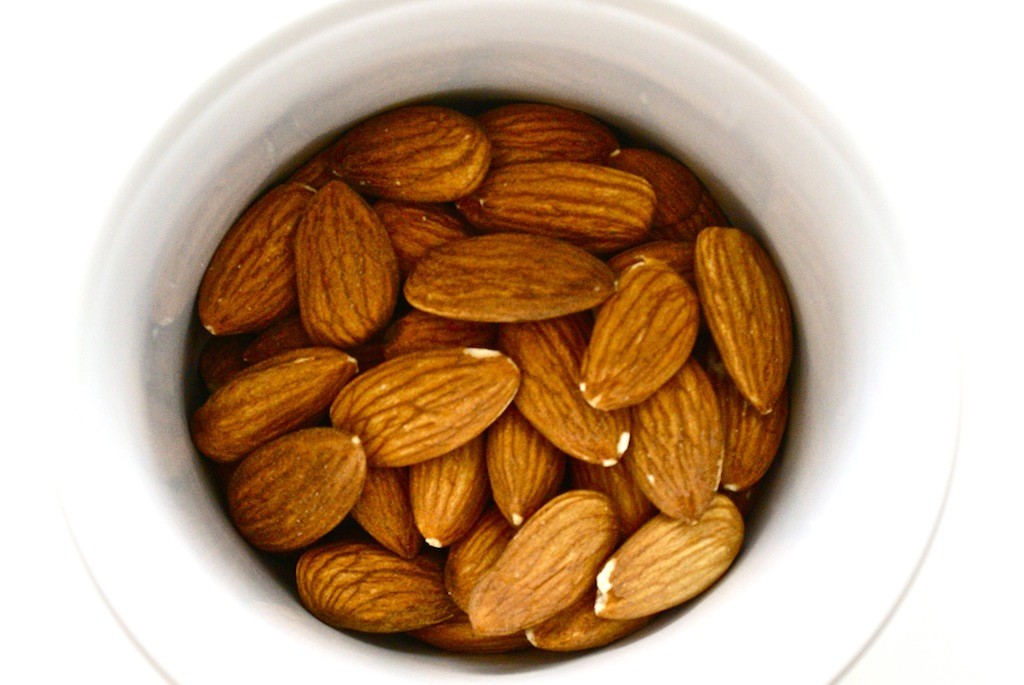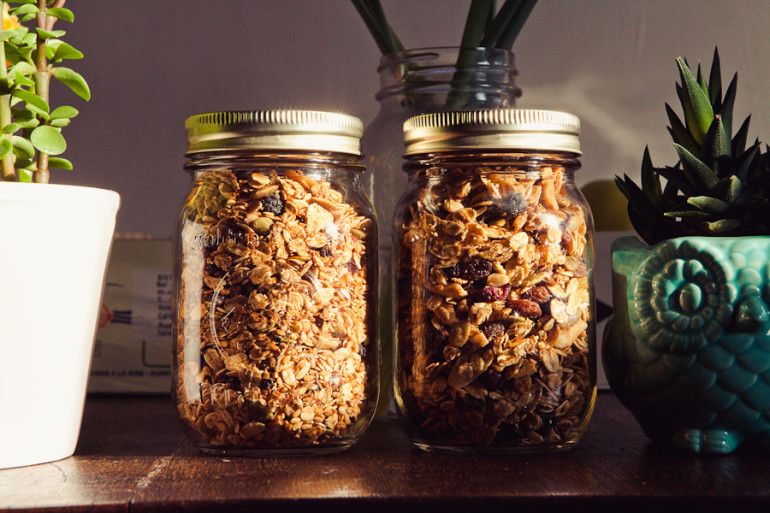1 out of every 3 bites of food you eat is thanks to pollinators. Think about your last meal – every third bite was thanks to the bumblebee you shooed away this morning. Whether it be a hawk moth or firefly, it’s time to stop swatting and start praising these pollinators as they pass by. Take it from Whole Foods – pollinators are the future of our food.
With that said, it’s important to note that many of these buzzing species are in danger of dying out. And quite frankly, if the bees die, they’re taking one third of the world’s food supply (and eventually us) with them.

Photo by Amy Miller
Fruits and veggies aren’t the only products dependent on pollinators, 85% of plants exist because of bees. Without these insects to pollinate the crops that feed cattle and other animals, beef and dairy products would significantly suffer – and consequently so would hamburger and ice-cream lovers everywhere.
Here are jut a few ways that you can help our buzzing friends and save our favorite foods.
Try out pollinator-friendly almonds and almond butter

Photo by Aurelie Corinthios.
Unlike other packaged nuts, these almonds are sourced from an orchard that works with The Xerces Society in planting wildflowers around the almond trees grown there. This helps to provide year-round sustenance for local bees and a friendly environment for pollinators.
Seek out suppliers that support pollinators

Photo by Gabriel Li
Cascadian Farm, known for their mouthwatering granola bars and cereals, does their share to protect pollinators by farming organically and donating to wildflower restoration and bee research.
Similarly, Almond Breeze drinkers and Nut-Thins snackers will be happy to hear that Blue Diamond Growers protect pollinators by planting “diverse ground cover around their almond orchards” and investing in bee health “bee cause they care.”
Get gardening

Photo courtesy of Kaia Diringer
We don’t all have a green thumb, but start by planting a few colorful flowers in your garden (or in a cut-open milk carton, #college). Make sure to choose organic seeds for planting, organic foods for your own eating, and to steer clear of any spray pesticides or insecticides.
Help spread the buzz
Raising awareness is imperative to saving the pollinators and our favorite foods, ranging from almonds to apples. Be the pollinator’s voice and make a difference in your community by protecting the future of these insects.
Check out these other articles for eco-friendly eating:


